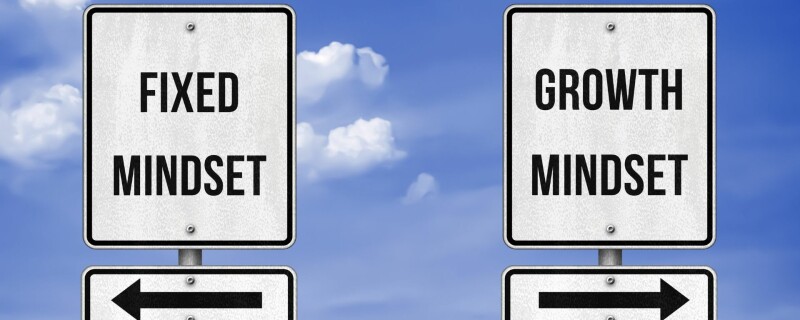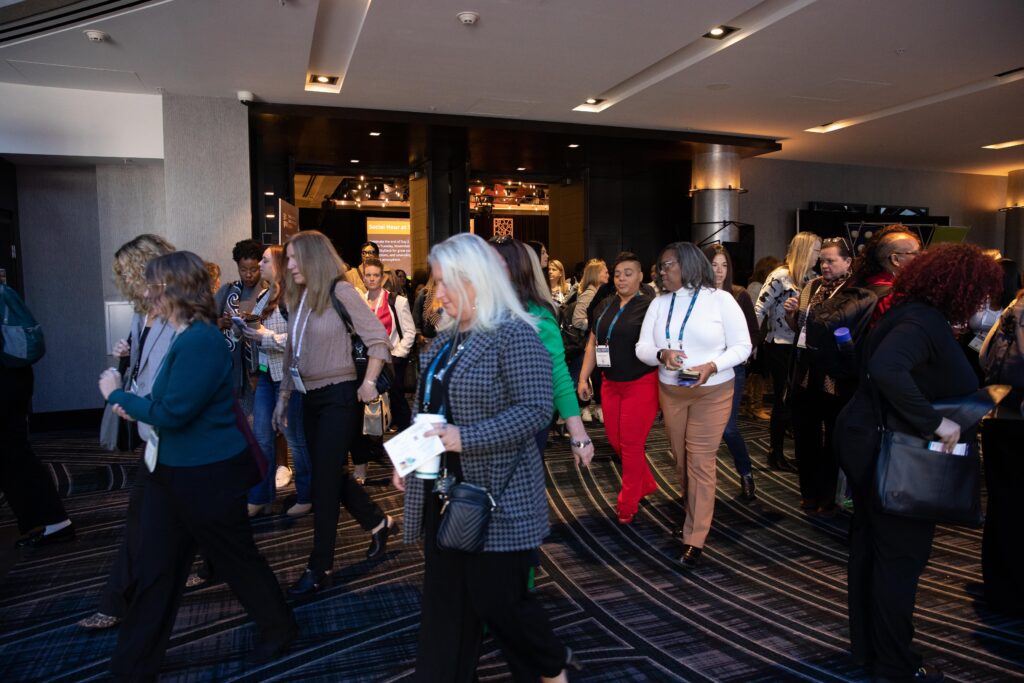A lot goes into both personal and professional success. Opportunity, perseverance, focus, and determination are all factors that go into an individual’s personal goals and achievements. While there is no single, simple trick to success, your mindset might play a larger role than you think.
The dichotomy between a “fixed mindset” and a “growth mindset” is one that experts stress as highly important. Adjusting from a fixed mindset to a growth mindset could help kickstart both personal and professional development in your life. If you’re wondering, “what is a growth mindset?” don’t worry! We’ll explain.
What Is a Growth Mindset?
The term “growth mindset” was coined by Carol Dweck, a professor of psychology at Stanford University. In her own words, Dweck describes a growth mindset in the following way:
“In a growth mindset, people believe that their most basic abilities can be developed through dedication and hard work—brains and talent are just the starting point. This view creates a love of learning and a resilience that is essential for great accomplishment.”
In other words, a person with a growth mindset is continuously focused on learning new things. A growth mindset is unafraid to make mistakes or “look stupid” for not knowing anything. In a growth mindset, it is much worse to pass on an opportunity to learn something new than to appear uninformed.
Growth Mindset vs. Fixed Mindset
The antithesis of a growth mindset, according to Dweck, is a fixed mindset. So, naturally, you are likely wondering what the difference is between a growth mindset vs. fixed mindset.
The growth mindset, as you now know, is focused on developing new skills and learning new information. The fixed mindset, on the other hand, is convinced that it already possesses all the skills it will ever have. This mindset can be useful in situations where an individual is confident in their abilities, but is detrimental otherwise. In a fixed mindset, an individual fears failure and believes themselves to be incapable of learning new skills.
The distinction between the two mindsets is similar to the popular “Nature vs. Nurture” argument in childhood development. Are our abilities something we are born with, or can they be developed during our lives? A growth mindset operates from the position of nurture. We are born with some abilities, and it’s up to us to grow from there.
Growth Mindset Examples in the Workplace
So, why is a growth mindset crucial to professional success? There are a few ways your mindset can help. To explain this further, let’s take a look at a few growth mindset examples.
Growth Mindset Example 1: Handling Feedback
In a fixed mindset, an individual receiving feedback might feel shame, anger, or resentment. To the fixed mindset, any feedback feels like criticism. The individual struggles to realize that feedback is an opportunity to grow. Their work performance stagnates, and their attitude in the workplace might sour.
With a growth mindset, however, the same feedback is welcomed with open arms. The individual learns from the opportunity and is grateful for the experience. They grow as a worker and maintain a positive attitude at work.
Growth Mindset Example 2: Job Performance
In a fixed mindset, an individual might be easily satisfied with their job performance. They might believe (correctly) that they are already good at their job, so there’s no use trying to get better. This is not necessarily a problem, but it can prevent growth and professional development.
A growth mindset, however, is always looking to get better in their role, even if they are already highly successful. This individual is more likely to stand out, catch the eye of peers, and discover new opportunities for themselves.
If you found this article informative, follow our blog for more helpful articles about professional development for administrative professionals.



